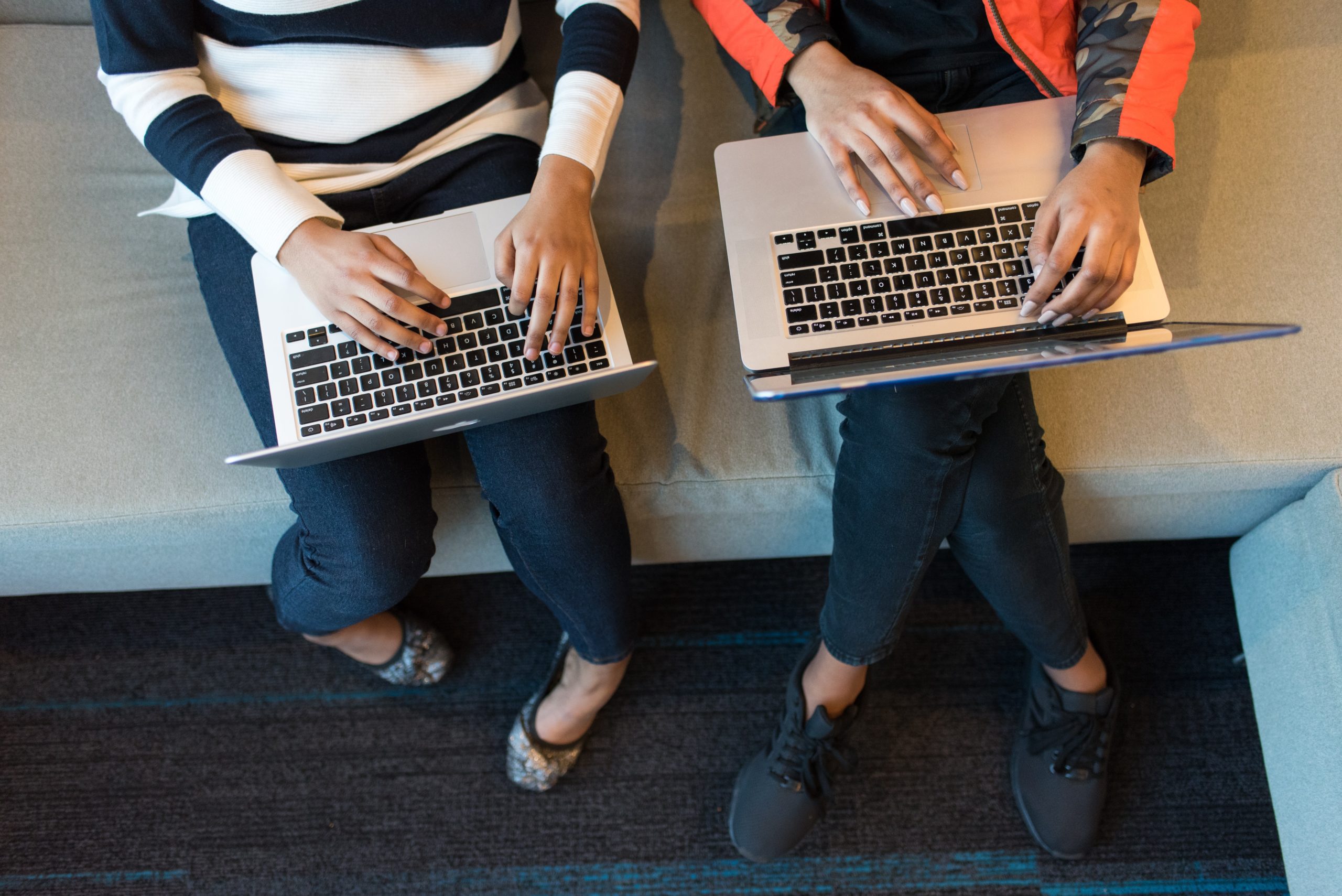How do the demographic profiles of entrepreneurs and investors affect networking and investment opportunities for underrepresented groups such as women and BAME individuals?
This question, raised by Masters student Lucy Clifton in a guest lecture on the Entrepreneurship and Innovation module, was the inspiration for the latest Centre for Innovation Management Research Debates in Public Policy Seminar.
It is a particularly timely question, with Innovate UK having just published its Supporting Diversity and Inclusion in Innovation report, informed by research by CIMR’s Professor Helen Lawton Smith.
Chaired by Dr Pamela Yeow, the event brought together leading academics, students and practitioners to ask what more needs to be done to promote diversity in entrepreneurship.
Colette Henry, Head of Department of Business Studies and Director of the EMeRGe Research Group at Dundalk Institute of Technology, kicked off the discussion by providing insight into the female entrepreneur’s experience in Ireland. Aside from being half as likely to be entrepreneurs in the first place compared to men, women do entrepreneurship differently. Female-owned businesses tend to be smaller than those owned by men, less growth-oriented and less likely to trade internationally. They are also less likely to be found in high-tech, high-growth sectors, which are those typically targeted for investment. Perhaps as a result of this, less than 10% of venture capital funding in Ireland ends up in the hands of female business owners.
For fellow panellist Louis Edwards, recent graduate from the Central Saint Martins Birkbeck MBA whose business is refreshing the British public house, it is a question of looking at value past the bottom line:
“As an entrepreneur today, one of the key attributes you need is empathy – how can you create value for each stakeholder? The traditional, male-dominated format of entrepreneurship reflects a shareholder-focused return, with a model based on efficiency and cost-cutting. Value creation in a holistic sense takes a more empathetic stance.”
Diverse approaches to networking
Panellist Reetu Sood is a first-year PhD student researching the intersectionality of gender and ethnicity in entrepreneurial network development. She highlighted the fact that women and men network differently and that BAME people see networking opportunities differently to other groups. Female and BAME entrepreneurs turn more to friends in their networks, which impacts the sort of funding they have available.
For Colette, one issue is that women are put off going to networking events with all-male panels. She called for events to be more inclusive when devising panels and be timed to facilitate women’s availability.
And what of the impact of COVID-19 on female entrepreneurs, which was highlighted by one member of the audience? The burden of increased caring responsibilities has fallen more heavily on women during the pandemic, giving them less time to devote to expanding their networks.
While acknowledging the time shortage that women face, an upside noted by Reetu was that people are now more receptive to cold contact. Even though people often still prefer to network with people they trust, the possibility of world-wide, open networking has been realised. If there were a joined up, funded approach to this, this could positively impact women’s networking power.
A question of motivation
PhD student and entrepreneur Doyin Olorunfemi raised the question of motivation, suggesting that among her network of black, female entrepreneurs, many decided to start their own businesses to increase their earning potential as a group that are notoriously underpaid in the workplace.
As a business owner, Louis argued that this point came down to whether the gatekeepers of businesses would allow change. His policy is to employ staff in his pub who reflect the makeup of the neighbourhood: “That is a conscious decision, it doesn’t happen by mistake. It’s ultimately down to the people who have the power to make that change.”
Conclusions
With many contributions from panel and audience members, the event has gone some way to answering Lucy’s original question. Her main takeaway? “What underlines all decisions and action points is being brave: it takes an awful lot of courage to be a business owner and focus on social impact as much as profit-making, and it does take an awful lot of bravery to be an entrepreneur … there are opportunities to be had and it’s about being brave enough to take them.”
Further Information:

